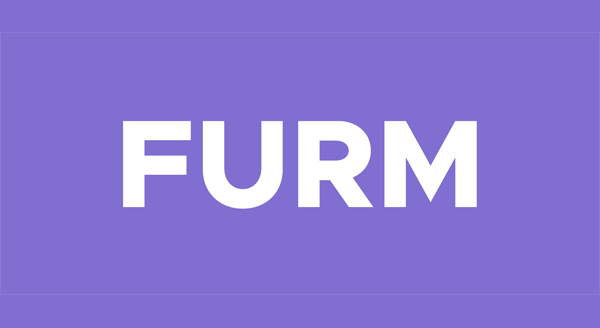Folks,
I am using Apache 1.3.x with PHP 4.3.x and MySQL v4.
Short question:
Before I put my web form available on the internet, how can I test it
from mis-use in such that special characters are ignored? I have tried
entering data such as `/bin/date > /tmp/1234` and this does not create a
temporary file (which is what I would expect, meaning that my form is safe).
Same question at greater length:
I understand how form input can be misused, and I understand that I can
clean the data input using addslashes() or by having magic_quotes turned
on. I have decided on the latter but want to ensure my form is safe and
that storeing my data in my mysql database isn't open to hacking by
CGI/Form manipulation. I have tried entering data such as `/bin/date >
/tmp/1234` and this does not create a temporary file (which is what I
would expect, meaning that my form is safe).
Have I tested it successfully against Form/CGI hacking?
Thanks in advance, replies please, via the newsgroup,
randell d.


Comment